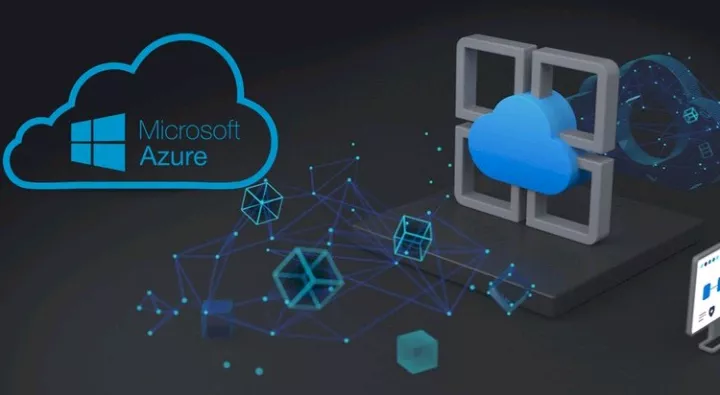Cloud Computing with Microsoft Azure
Microsoft Azure is a comprehensive cloud computing platform and service offered by Microsoft. It provides a wide range of services that allow individuals and organizations to build, deploy, and manage applications and services through Microsoft's global network of data centers.
Azure offers various services, including:
Virtual Machines: Create and manage virtual machines in the cloud.
App Services: Host web apps and APIs without managing...
Azure offers various services, including:
Virtual Machines: Create and manage virtual machines in the cloud.
App Services: Host web apps and APIs without managing...



